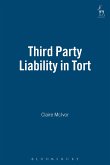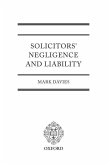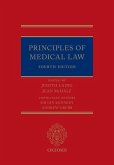Judicial errors, deliberate or otherwise, often cause damage to litigants. Sometimes the damage suffered by the litigant is irreversible. In England and many other common law countries the injured person will normally have no redress because of the privilege of immunity from suit enjoyed by judges. This result also normally follows when the complaint is against the actions of someone acting in a quasi-judicial capacity. The situation then raises a number of questions, including questions about civil rights, the redress of wrongs, and the whole foundation of judicial independence. As more people resort to the courts and other judicial tribunals for the resolution of their disputes the question of the proper approach to injurious judicial errors becomes more important, especially since every participant in judicial proceedings is a potential victim. This book presents an in-depth study of the substantive, procedural and theoretical issues that arise when a judge is to be sued. The material is drawn mainly from English and American Federal case law. The study however also incorporates some Canadian, Australian, and New Zealand case law.
Hinweis: Dieser Artikel kann nur an eine deutsche Lieferadresse ausgeliefert werden.
Hinweis: Dieser Artikel kann nur an eine deutsche Lieferadresse ausgeliefert werden.








